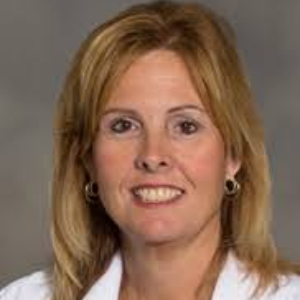Title : Effects of an educational intervention on emergency nurses’ attitudes, knowledge and care behaviors toward older adults
Abstract:
Purpose: To explore the effect of an educational intervention (Geriatric Workshop) on attitudes and knowledge of emergency department (ED) nurses toward the older adult patient and their intention to change their care behaviors toward this population in the emergency department. Two instruments were used for this study: Kogan’s Attitude toward Old People tool and Palmore’s Facts of Aging Quiz 1.
Setting/Sample: Sixty-seven ED nurses from five emergency departments in one hospital system participated in this study. A total of 44 ED nurses were in the experimental group and 23 ED nurses participated in the control group.
Methodology: Both the experimental and control group received three on-line surveys measuring knowledge, attitudes, and behavioral changes toward older adults. The experimental group attended a Geriatric workshop (educational intervention) and completed the on-line pre-survey and immediate post survey at the workshop in a reserved computer room. The control group completed an on-line pre-survey and immediate post-survey at their convenience on the same day the geriatric workshop was being offered. Four weeks post geriatric workshop offering both the experimental and control group received an on-line post-post survey.
Results: Hypothesis 1. ED nurses who receive an educational intervention on geriatric nursing care will have higher overall aging knowledge scores at immediate post and four weeks post intervention than those, ED nurses who did not receive the intervention. Data analysis revealed no main effects of experimental vs. control group (F(1,48)-1.717, µ =0.196), and no significant interaction effects of group by time-point (F (1.753, 84.165) -2.295, p = 0.114). Over time after the educational intervention, the experimental group’s knowledge scores did increase at each time point. Hypothesis 2 Data analysis revealed no main effects of experimental group’s knowledge scores did increase at p= (0.732), and no significant interaction effects of group by time-point (F(2,96) =0.418, p =0.660). Even though the findings of this study were not statistically significant, the experimental group positive scores did improve overtime after the intervention.
Conclusion and Implication for Practice: A short 4-hour educational intervention was successful in improving ED nurses’ knowledge, attitudes, and care behaviors toward older adults. ED leadership needs to support education related to older adults in order to continue to improve outcomes in the fastest growing population.
Take Away Notes:
• Impact of the fastest growing population (older adults)
• Current literature regarding emergency nurses’ knowledge and attitudes toward older adult
• Use of Educational Interventions
• The influence of using the Theory of Planned Behavior in conducting a research study
• Survey tools used to assess emergency nurses’ attitudes, and knowledge toward older adults
• Steps in implementing a research study using Emergency nurses
• Steps in providing an educational geriatric workshop
• Statistical testing used to measure outcomes
• Results of the Geriatric workshop on Emergency nurses knowledge, attitudes and changes in care behaviors toward older adults
• Lessons learn from conducting a research study utilizing Emergency nurses



